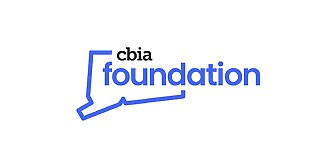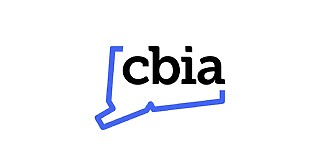Federal Court Partially Blocks DEI Executive Orders Enforcement

The following article first appeared in the News & Analysis section of Littler Mendelson’s website. It is reposted here with permission.
On June 9, 2025, the U.S. District Court for the Northern District of California issued a ruling in San Francisco AIDS Foundation v. Trump, temporarily blocking the enforcement of several provisions in executive orders issued earlier this year by President Trump.
These orders target diversity, equity, and inclusion initiatives and so-called “gender ideology.”
While the injunction applies only to the named plaintiffs in the case and the challenged provisions remain in effect for all others, the court’s reasoning offers early insight into how similar legal challenges may be evaluated as litigation continues to unfold.
Background
Almost immediately after taking office, the president signed a number of executive orders, including two that restrict federal funding for programs deemed to support “illegal” DEI initiatives, and another targeting “gender ideology.”
The latter, among other provisions, restricts federal funding for programs that affirm gender identities differing from sex assigned at birth.
The plaintiffs—a group of nonprofit organizations that collectively receive millions of dollars in direct and indirect federal funding—filed suit to block several provisions of these orders.
These organizations provide services to members of the LGBTQIA+ communities, and they argue that the orders violate their constitutional rights and jeopardize their ability to continue providing essential services, particularly to transgender individuals and communities of color.
Enjoined Provisions of the Orders
The court’s ruling enjoined three provisions of the orders that plaintiffs argued would cause them immediate and irreparable harm:
- a directive requiring federal agencies to terminate all “equity-related” grants or contracts with private entities (the “equity termination provision”); and
- two instructions to federal agencies to end funding for any programs that promote “gender ideology,” defined in the order as recognizing gender identities that differ from biological sex (the “gender-related provisions”).
Regarding the gender-related provisions, the court found that they likely violate the Equal Protection Clause of the U.S. Constitution, insofar as they discriminate based on transgender status without serving a compelling government interest.
The court further held that both the gender-related provisions and the equity termination provision likely infringe upon First Amendment protections by restricting funding for activities or expression related to equity or gender identity, and by violating the separation of powers requirement of the Constitution.
Additionally, the court concluded that the equity termination provision likely violates the Fifth Amendment’s Due Process Clause due to its vagueness and lack of clear standards.
In rejecting the government’s defense, the court emphasized that the executive orders did not merely articulate general policy preferences—they explicitly directed agencies to take concrete actions that could result in the termination of funding, even where such actions might conflict with congressional mandates.
Next Steps
The case will continue to move through the courts, and the government may appeal the preliminary injunction, and/or seek to stay the lower court’s decision pending the outcome of such an appeal or other emergency proceedings. In the meantime, the ruling provides temporary relief to the plaintiff organizations, allowing them to continue operating their programs without the immediate risk of losing federal funding.
It is important to emphasize, however, that the injunctions apply only to the nonprofit agencies that are plaintiffs in the case.
Other private employers and non-parties remain subject to the provisions of the challenged orders.
Given the heightened scrutiny surrounding inclusion, equity and diversity initiatives and programs relating to LGBTQIA+ individuals, employers—particularly those receiving federal funding—should carefully evaluate how their IE&D and gender-related efforts align with current federal directives and constitutional protections.
Employers are strongly encouraged to consult with legal counsel to ensure compliance.
About the authors: James Paretti Jr. is a shareholder with Littler and co-chair of the Workplace Policy Institute. Alyesha Asghar is a shareholder with the firm and co-chair of the EEO & Inclusion Practice Group.
RELATED
EXPLORE BY CATEGORY
Stay Connected with CBIA News Digests
The latest news and information delivered directly to your inbox.



